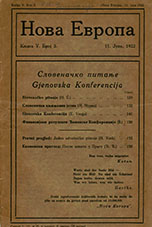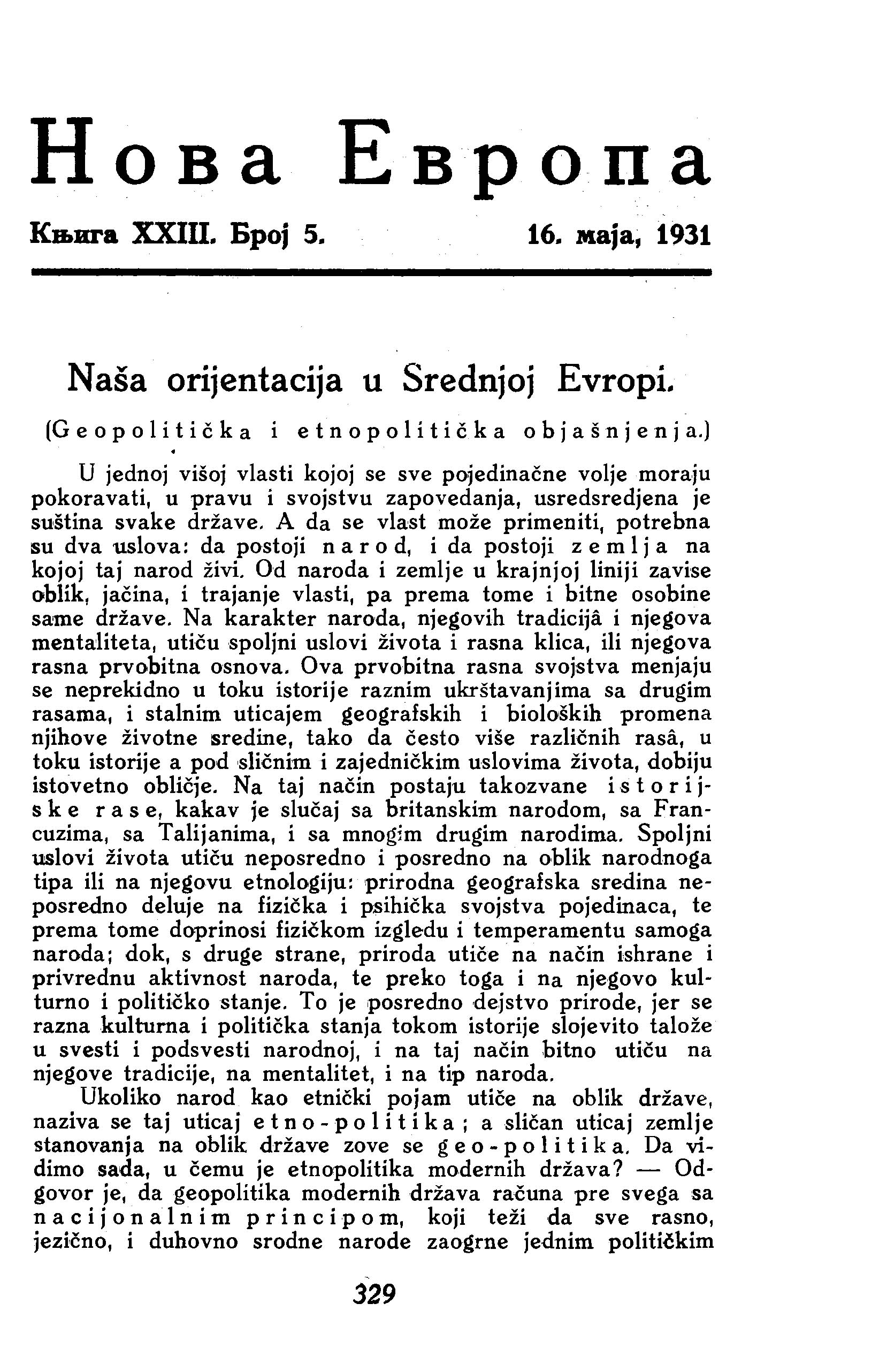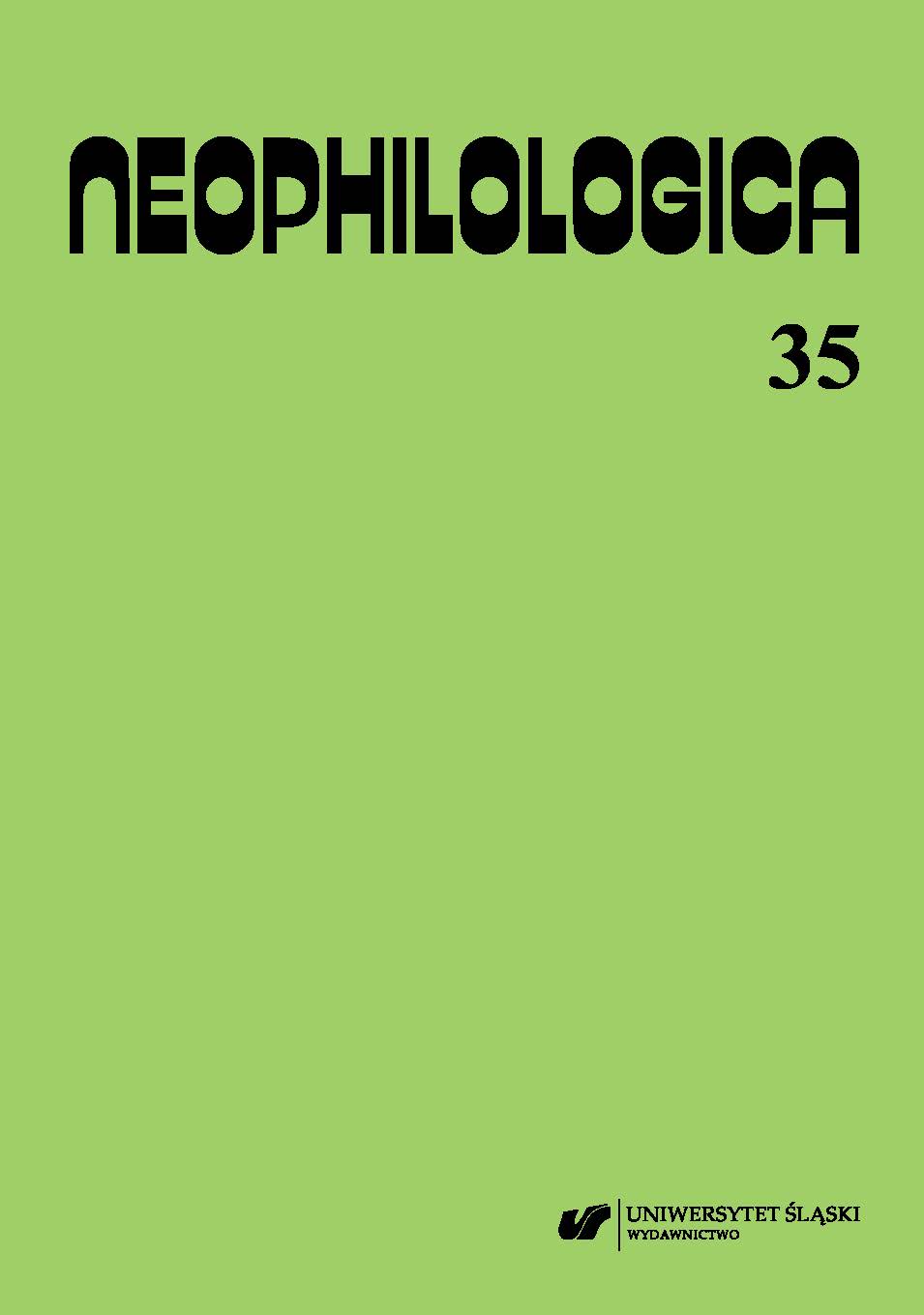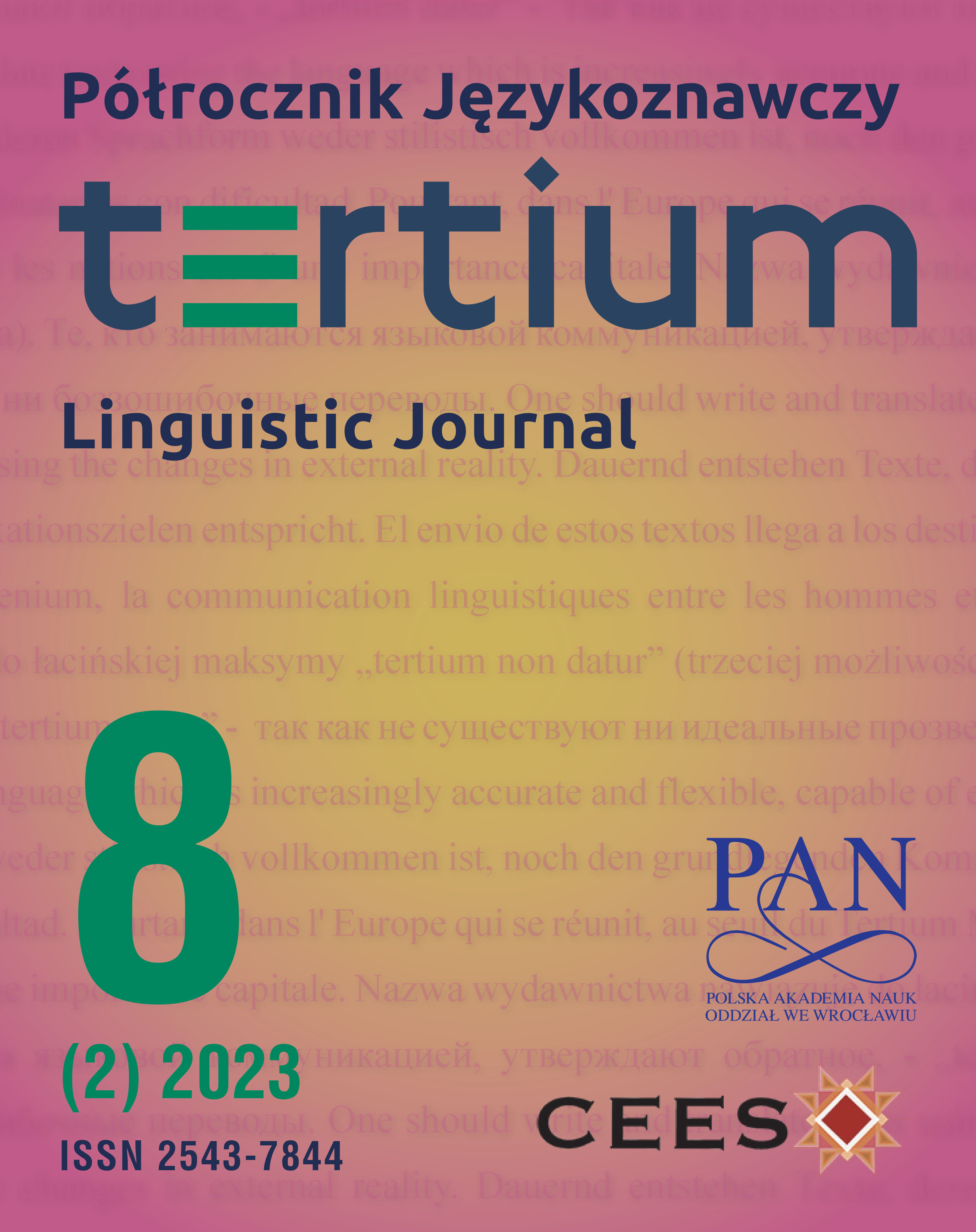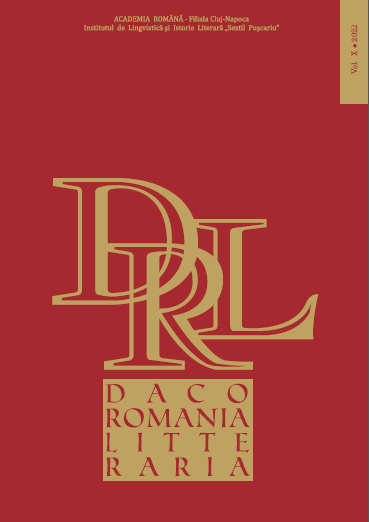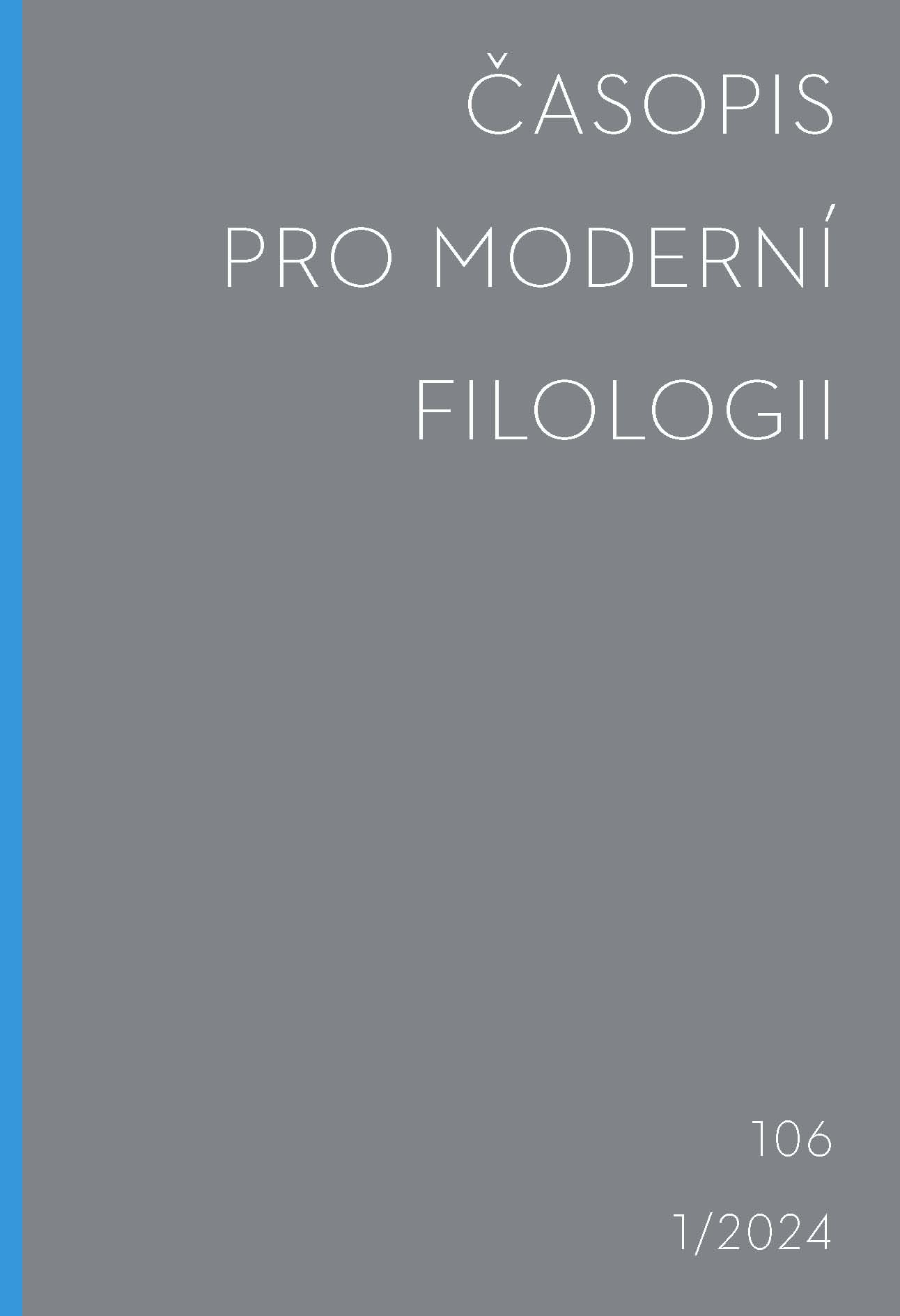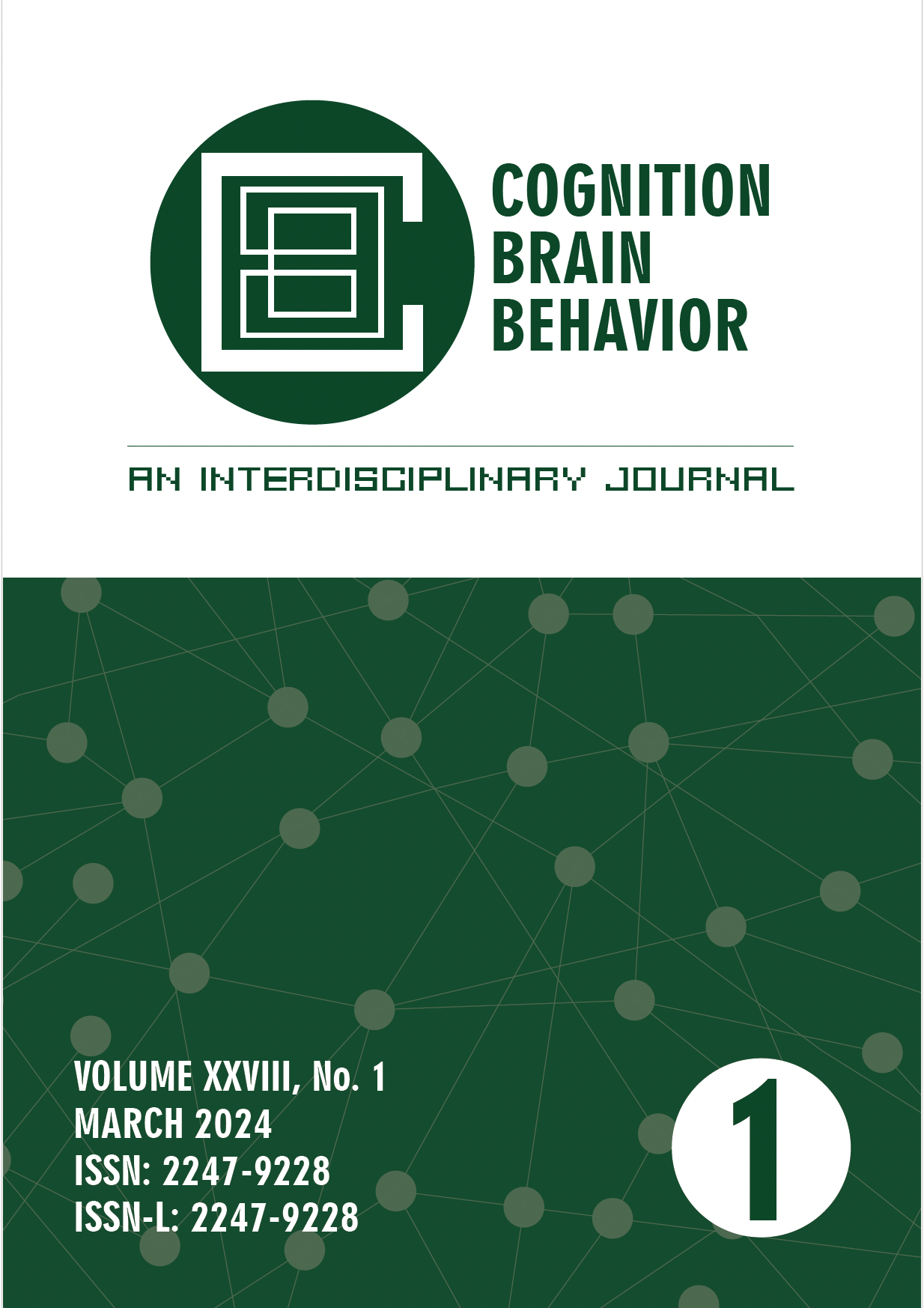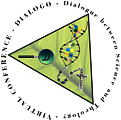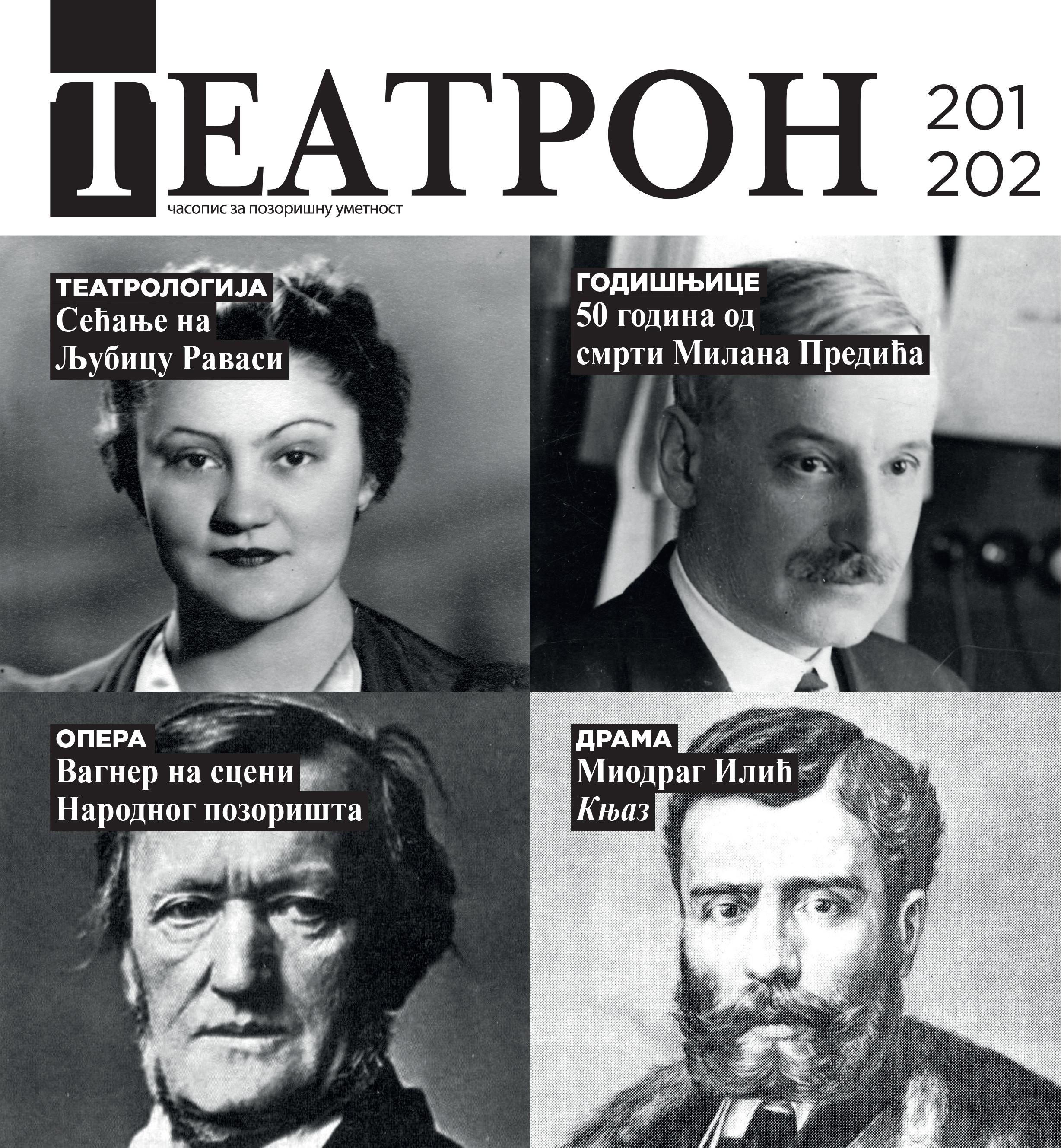Author(s): Wiesław Banyś / Language(s): French
Issue: 35/2023
When it comes to language, it’s not just the grammatical structure and the literal meaning of words that matter. The way a predicate imposes inferences on its propositional arguments is crucial to understanding the true meaning of a message. However, these inferences are influenced by many factors, such as prosody, world knowledge, speakers’ expectations regarding language use, situational stereotypes, and other implicit or contextual elements.
In this paper, we examine the inferential status of the verbs referred to by Karttunen as “implicative verbs”. On the one hand, two-way implicative verbs, and on the other, one-way implicative verbs. The latter have been little studied from this perspective. This will lead us to highlight the fundamental role, too often forgotten, of prosody and focus/theme in this type of analysis and in determining the inferential status of predicates.
Our analyses show that, once prosody has been considered, the classification of theoretically possible verb inferences accepted until now needs to be modified.
We do not have 4 groups of one-way implicative verbs, as has been argued, but 2, namely the groups: [+/+/– // –/–] [affirmed > true or false // denied > false] of the type etre capable, pouvoir and [+/+/– // –/+] [affirmed > true or false // denied > true] of the type hesiter a.
The remaining two groups, considered as distinct and autonomous one-way implicative verbs with the suggested characteristics: [+ + // – +/–] [affirmed > true // denied > true or false] of the type forcer to and [+ – // – +/–] [affirmed > false // denied > true or false] of the type refuser de, belong to the canonical groups of two-way implicative verbs, respectively: forcer a to the group of verbs of the type reussir a: [+/+ // –/–] [affirmed > true // denied > false] and refuser de to the group of verbs of the type oublier de: [+/– // –/+][affirmed > false // denied > true].
Naturally, this classification differentiation, important as it is, only reflects the different behaviour of certain types of predicate, and this is the most important element of these analyses with a view to automating the recognition of predicate inferences.
More...
